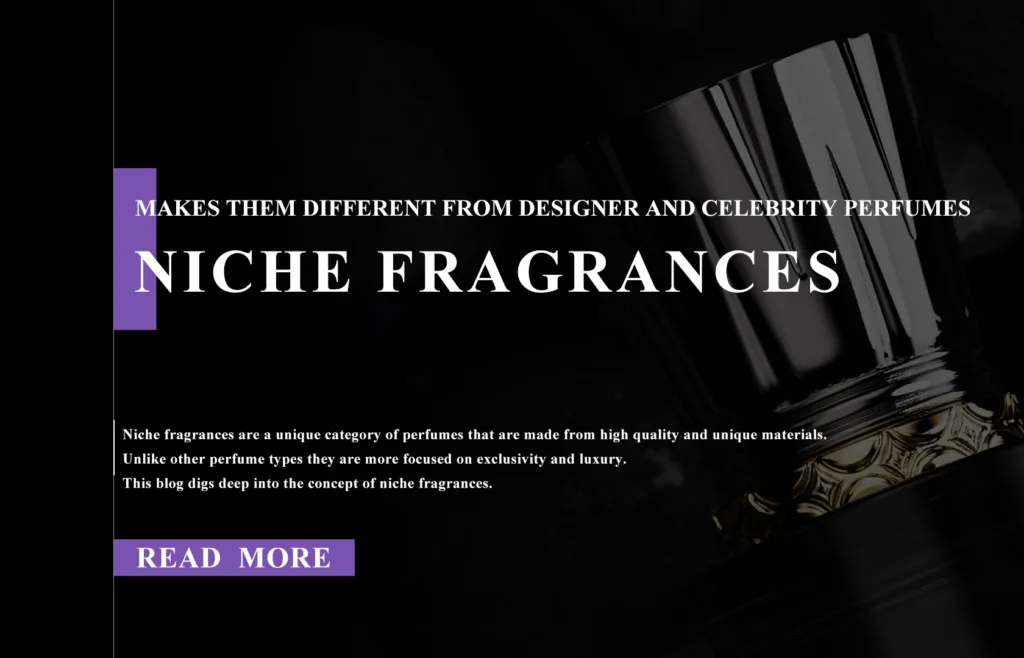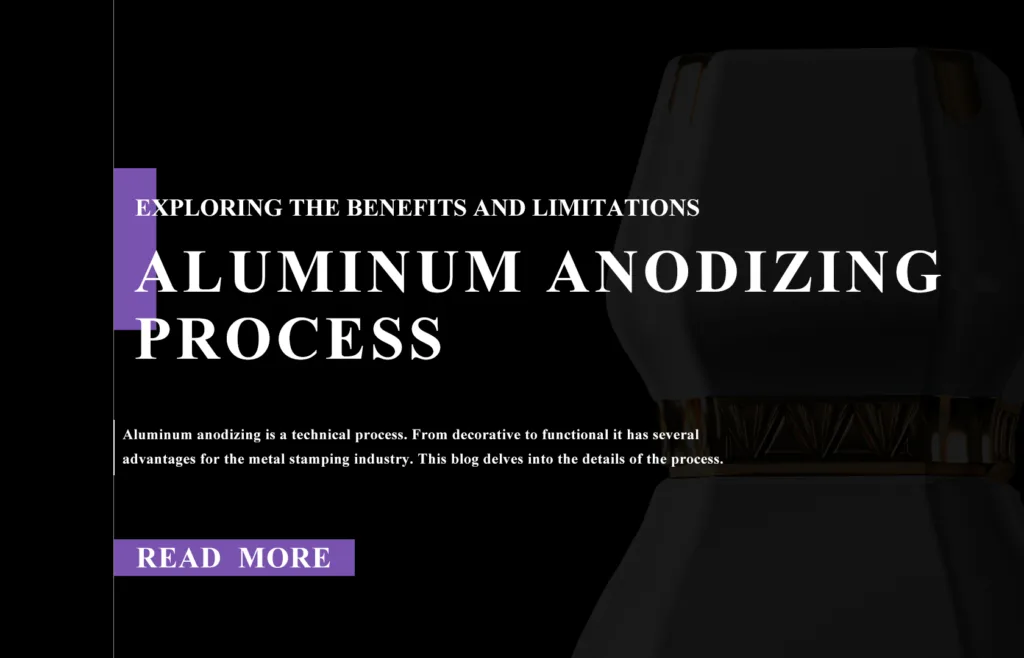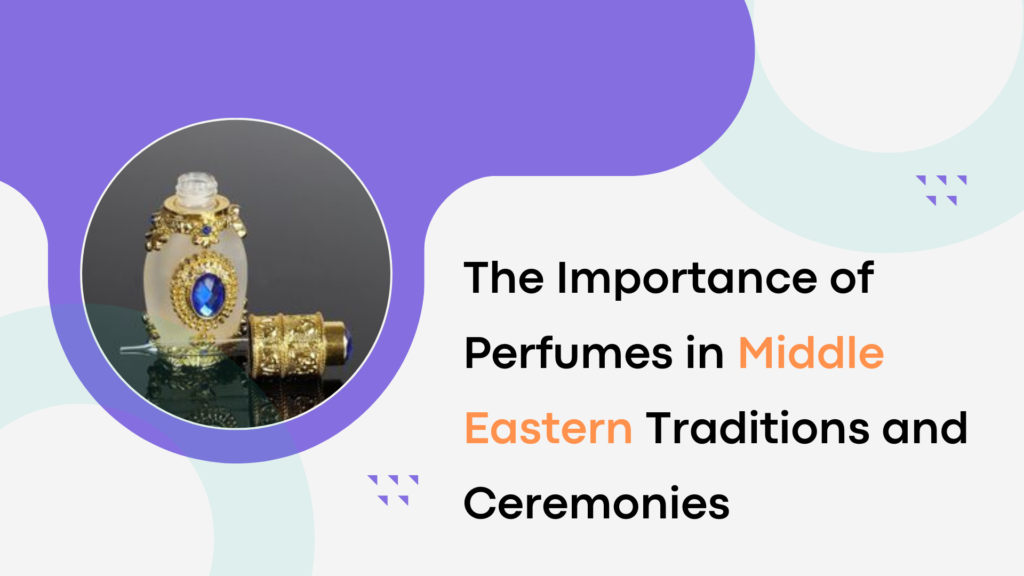
Perfumes take on the role of cultural storytellers. They create a fascinating symphony between traditions and celebrations.
When it comes to perfumes, Middle East companies often win the game. Many innovative techniques for making perfumes originate from Middle Eastern culture.
The Arabs were experts in creating beautiful fragrances. They even used them in rituals and celebrations. It is a way of standing out, showing status, and a way to express themselves.
Perfume of all-natural materials like resin and rose makes the wearer stand out. Some fragrances show loyalty and wealth, while others have religious significance.
This article will discuss the significance of Middle Eastern scents. We will also highlight the background, traditions, and ceremonies that use scent. Read along.
The Middle Eastern Perfume Tradition
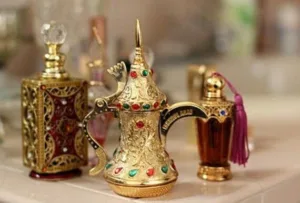
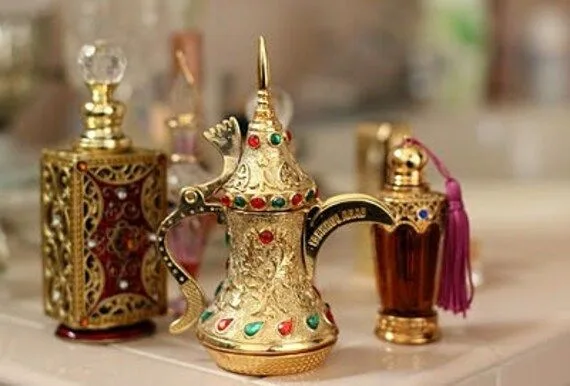
Many Perfume-making companies derive inspiration from the Middle East. Many fragrances have one or two ingredients that come from the place. So, why does the region stand out when it comes to scents? Well, here is an explanation.
The Arabs found the aromatic characteristics of plants and resins in time immemorial. That is where perfume originates from. People here use scent oils as part of everyday life and religious ceremonies. That is after the influence of Mesopotamian and Egyptian civilizations.
Ancient Egyptians, Arabs, and Persians were experts in perfumery. They used scent in sacred ceremonies, for personal hygiene, and as gifts. The ancient Egyptians were the first to incorporate fragrant rituals into their culture.
When Did the Arab World Start Using Perfumes?
The Arab world was essential to the medieval perfume trade and production.
Baghdad was a key trading post and city famous for its fragrant oils. Perfumers in Arabia sourced aromatic herbs, spices, and other ingredients from Southeast Asia. They would then distill them to make their signature fragrances. That saw the emergence of various types of perfumes.
To get premium essential oils, the Arabs honed distillation and essence extraction procedures. They distilled alcohol using the alembic.
They are then fined and used to create perfume’s foundational ingredient. As a result, the production of fragrances underwent a radical shift. The industry grew throughout the Middle Ages.
Arabic fragrances are popular as global luxury, sophistication, and richness icons. Now, perfumers draw inspiration from the rising demand for Arabic fragrances during manufacturing.
Many companies study the ingredients and ways to combine them. They often develop signature scents that attract attention and speak loudly about Middle Eastern culture.
What Are the Important Ceremonies and Traditions in the Middle East that Use Perfumes?
Perfumes were sacred in ancient societies. Religious leaders and the royal family wore them ceremonially. Fragrances were for wealthy individuals. They were a symbol of luxury and, of course, personal cleanliness. Here are several cultural practices where scent is valued:
1.Burial Ceremonies
Embalming the corpse and wrapping linen strips include the use of essential oils. People here combine several plants, like thyme, lavender, peppermint, and rose, among many others.
That was to make the corpse fresh and with a good smell. It is expected to use perfume during Middle Eastern funerals and memorial services. Wearing light and reassuring perfumes on such solemn occasions shows a sign of respect.
2.Weddings
In the Middle East, henna evenings are a tradition before weddings. The bride and her guests decorate hands and feet with stunning henna patterns.
It is expected to spray perfume during the rituals to heighten the celebratory mood. People wearing exquisite scents to weddings signify respect for the couple and part of the signature look.
3.During Birth and child naming ceremonies
Giving birth is a blessing here. Many families celebrate the arrival of a new baby with a naming ceremony. Spraying the baby’s clothing or blankets with perfume is so common. That is to create an ambiance environment.
4.Welcoming Visitors
It is customary to pass Bakhoor around during formal events. It is a courteous way of welcoming guests, especially when the royal family is present. Bakhoor and oud chips create the earthy, refreshing, thick smoke. The scented ritual is visually stunning and aromatically pleasing.
5.Religious and cleansing rituals
Religious rituals in the Middle East often use aromas of Arabian origins. With spiritual meaning, the fragrances cleanse the air and give tranquility. Loban and Dhoop are two excellent examples. Rumor has it that you improve your memory by inhaling vapors from burning Loban daily.
Ceremonies that include blessings and prayers use perfume. Temples and other religious places have a scent to create a peaceful and holy atmosphere for believers. To show respect, it is tradition to wear perfume before praying or visiting an elder for blessings.
What Makes Perfume Significant Throughout These Customs?
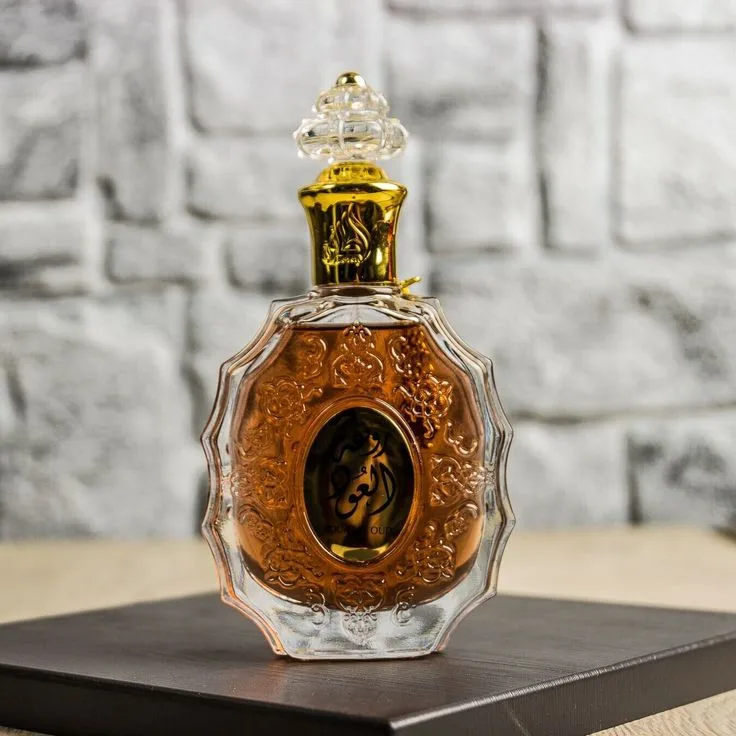
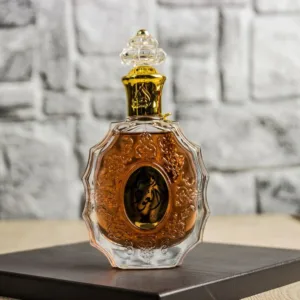
Perfume has a far deeper meaning in many Middle Eastern cultures. It is interwoven with society, festivities, and rituals. The locals have a long history of using aromatic oils and fragrances.
It is a form of self-expression, social connection, and celebration marker. The following are significant uses of scents in customs and rituals:
1.As a grooming routine
Perfume wear is a matter of preference and a way to express oneself. Middle Eastern people value Personal hygiene and pay attention to appearance.
Perfume is an essential component of their outfit as it enhances appearance. It shows personal neatness and excellent taste.
2.Act of kindness
As a sign of friendliness and giving, perfume is essential in Middle Eastern culture. Scented candles are a lovely way to greet visitors and set the mood for a pleasant stay. Gifting perfume is also standard.
3.Religious symbols and joyous occasions
In the Middle East, fragrances are deeply associated with religious and spiritual rituals. The use of aromatic oils is common in religious ceremonies. It helps to produce an atmosphere of reverence and holiness. Crucial religious rites and pilgrimages also make use of perfumes.
Throughout the Middle East, perfumes play a significant role in festive occasions. Wearing perfumes is common. They do this to celebrate and show excitement at weddings and religious festivals.
4.Therapeutic purposes
The Middle East has the belief that certain fragrances have medicinal effects. Some aromas, like oud, have a soothing effect. They are appropriate for rituals that call for introspection or contemplation.
5.Tradition’s importance
Perfumes made from oud, rose, and Jasmin are all native to the Middle East. They have a long history of existence. Because of this custom, people know the area for its high-quality, distinctive aromas.
What Are the Typical Ingredients in Perfume for Traditional Festivities of the Middle East?
Fragrances are integral in religious and cultural rituals across the Middle East. Some odors are often linked to specific events. The following are a few categories of scents often seen in Middle Eastern rituals:
1.Oud
Regarding perfume, oud is among the most popular and used ingredients. It is from the wood of agar trees, or Acquilaria, found in Southeast Asia. In response to a mold infection, the tree releases oud. It is a resinous substance that is dark, fragrant, and valuable.
Oud is a perfume and a medicinal plant. Its therapeutic value treats conditions like fever, headaches, and gastrointestinal issues. Perfumers love oud for its unique scent and how long it lasts. Combinations of this smell result in very distinctive, sought-after aromas around the globe.
2.Bakhoor
Bakhoor is resins, essential oils, and wood chips. The ingredients are burnt over charcoal to create a pleasant smell. People use the smell on furnishings, clothing, and hair. Due to its cleansing properties, Bakhoor is often used in religious rites.
As a sign of hospitality, it serves as a welcome mat in essential events to welcome visitors. Bakhoor creates a peaceful and rejuvenating feeling in homes. It also has a beneficial impact on mental wellness.
3.Musk
The old and classic perfume fixative musk is an expensive and popular ingredient. It’s the glandular secretion of musk deer. The dear is in Siberia, Tibet, Afghanistan, Pakistan, and India. Similar to the scent of a newborn’s skin, musk has an earthy, animatic, woodsy aroma.
4.Rosewater
Taif, a city in Saudi Arabia, is the world’s leader in rose production. Taif roses have a sharp and refined aroma. Many religious and wedding ceremonies in the Middle East include rose water.
People sprinkle rose water over visitors as a sign of welcome. It is also an ingredient in traditional Middle Eastern recipes.
5.Amber
The term Amber originates from the Arabic word Anbar. The term describes ambergris, a solid or waxy substance extracted from sperm whales. Middle Eastern perfumery often uses amber as an ingredient to make scents. That is due to its warm and resinous aroma, achieved using amber oil or resin.
6.Sandalwood
Sandalwood has a smoky and creamy scent. It has a calming and mystical connotation. It is often in aromatic products like incense and fragrances.
How Does Modern Perfume Packaging Blend with Middle Eastern Traditions?
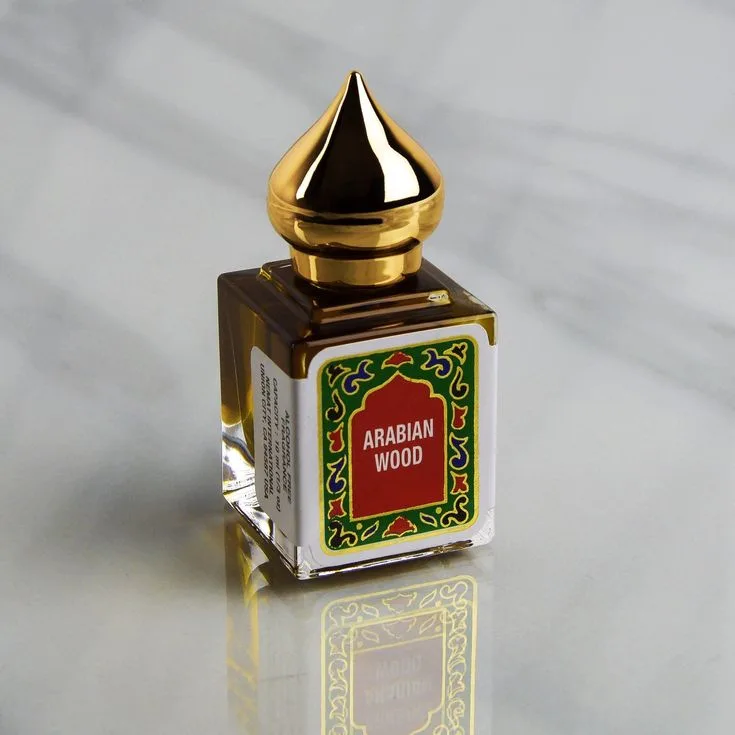
Traditional practices in this region give importance to keeping scents lucid and fresh. Thus, most Middle Eastern perfumes are in glass bottle packaging.
Packaging service providers should improve perfume packaging to respect Middle Eastern culture. Gozonepack considers many factors for this, including;
1.Using Conventional Patterns
Companies prefer perfume bottle designs influenced by Middle Eastern art. The intricate filigree, patterns, or Arabic calligraphy motifs can link the product to the culture of this region.
2.Highlighting Exquisite Substances
Perfume caps or embellishments are typical in perfume packaging. Companies prefer perfume bottles with a Middle Eastern flair. These components bring the generosity of this region’s ancient practices and festivities.
3.Honoring Traditions
Glass packaging allows companies to include details about the fragrance’s connection to Middle Eastern culture. This element honors the cultural importance of aromas in rituals and everyday life.
4.Adaptation to Target Markets
Many perfume brands modify their packaging to appeal to specific market segments. It may include symbols or allusions to local culture that strike a chord with Middle Eastern traditions.
5.Exchanging Gifts
The packaging of perfumes is thoughtfully crafted to elevate the gift-giving experience. It is a widespread practice in the Middle Eastern culture. Remember, appearance is paramount at formal gift-giving ceremonies.
FAQs:
- What Fragrance Notes Do You Find in Middle Eastern Perfumes?
The rich aromas created by Middle Eastern perfumes attract buyers of all age groups. It often includes notes like oud, rose, amber, saffron, and musk.
- What Role Do Perfumes Play in Middle Eastern Traditions?
People view perfumes as a gesture of welcome, reverence, and luxury. Perfumes have long been integral to Middle Eastern cultural and religious practices.
- How Have Perfumes Evolved With the Middle East Traditions?
Middle Eastern perfume traditions have evolved with time. Now, their perfumes stay true to their origins and cater to current preferences.
You may find classic aromas in modern packaging and formulas. It makes them accessible to more people while yet capturing their cultural character.
- Do Middle Eastern Traditions Have a Preference for Any Particular Fragrances?
Yes, there are distinctive features to Middle Eastern perfumery. Thus, some perfumes are more highly prized than others. Perfumery in the Middle East focuses on rich and exotic aromas. However, the specific fragrances can differ according to individual preferences and tastes.
Final Thoughts!
Are you looking for perfumes filled with traditions, uniqueness, and joy? Well, each perfume can tell a different story. Thus, the Middle East ceremonies place a heavy emphasis on fragrances.
Traditions in society, religion, and culture all contribute to its foundation. The perfumes are a symbol of luxury. They also represent hospitality, individuality, and tradition.
Now, you know the Middle East rituals that use perfumes as part of their culture. Do you run a perfume manufacturing business? Do you sell perfumes in the Middle East? You will need perfect packaging for your perfumes that resonate with the Middle Eastern culture.
Gozonepack provides first-rate packaging services adapted to the Middle Eastern market’s unique aesthetic and cultural needs. We have a vast knowledge of this market and its traditions.

